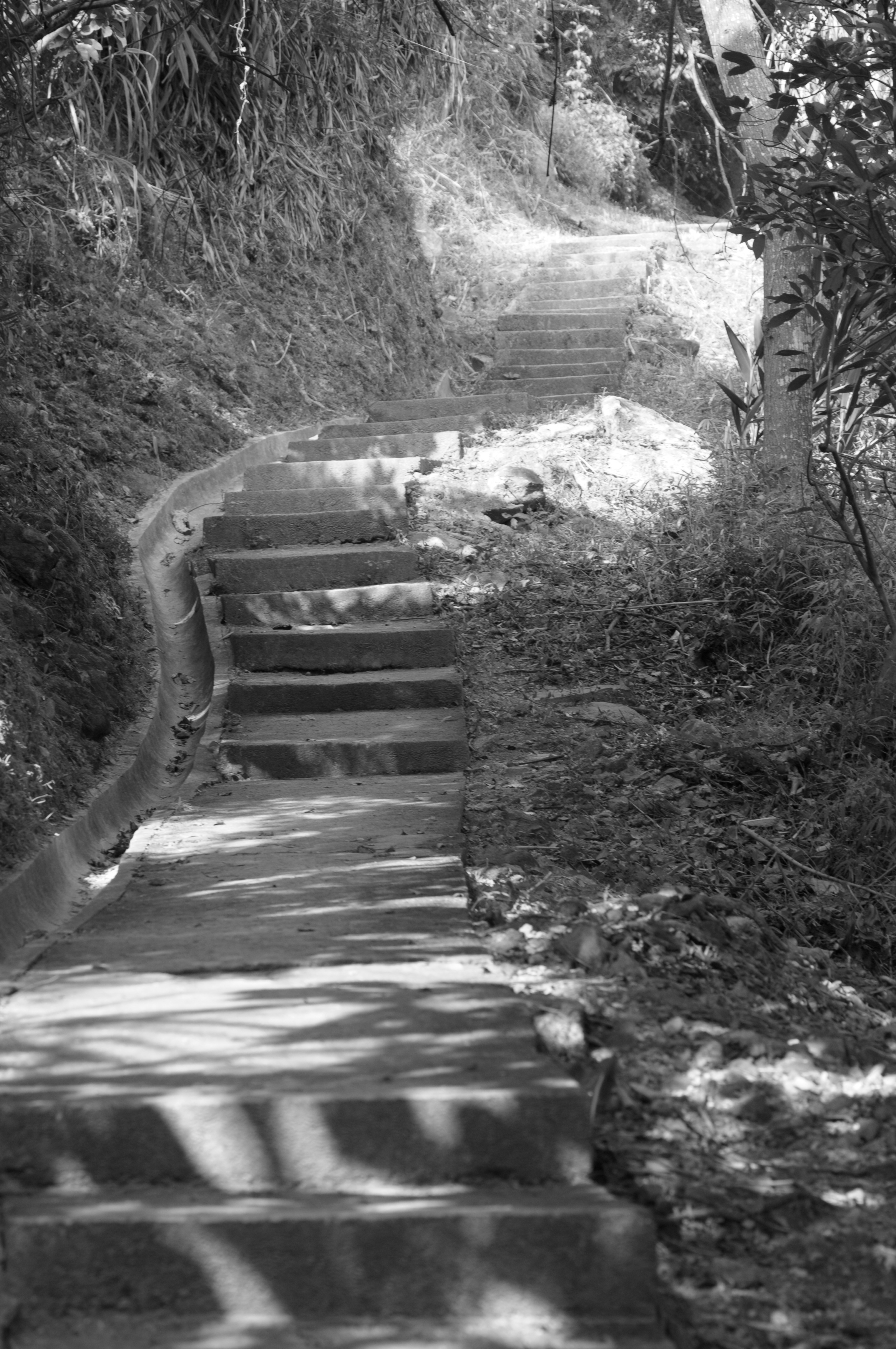Being assigned to take charge of Spirituality, I suppose my job is to find and to write reflections on spirituality as an integral aspect of religious experience. As a Dominican, the first thing I would like to reflect on is, of course, about the Dominican spirituality. This also attempts to envision what we are going to do for this column as well as to explain that further reflections on faith may be coloured with some Dominican light.
To our many brothers, Dominican spirituality is something uneasy to define. Though the official name of the Dominicans’ is the Order of Friars Preachers, which is historically true that we were exclusively called to “the proclamation of the word of God,”* there are, however, many people nowadays who can preach and even preach well, in words and in deeds. We seem no longer different from them. Nevertheless, the fact that we choose to become Christian “in the form devised by St. Dominic”* is obviously a matter of choice!
We know that St. Dominic when encountered heretics on a journey in France his opinion was that the people were not to blame, but the preachers. If there are good, orthodox preachers, then the people will be good and orthodox also. His zeal for the salvation of souls had urged him, embracing a life of poverty in spirit, to dedicate his life seeking the Truth so as to share the Truth with other people. Following St. Dominic’s spiritual practice of living out our faith, we are traditionally known for the love of preaching and the devotion to truth.
Apart from setting a good example for his brothers and sending them to university to advance their knowledge, St. Dominic did not explicitly constrain his brothers into any particular form of life. We have no unique spirituality of our own, do we? Though the priority of our vocation is to reach perfection in Christ, not to stand out in the crowds, we still need to know what make us who we are.
Probably St. Dominic agreed with Laozi when he said, “Any dao that can dao is not a constant dao. [Because] any name that can name is not a constant name.” A named way of approaching God and of living out the Gospel may hamper the talent uniquely gifted to each brother. This explains why the Dominicans are leading a rich and varied lifestyle. We can be found in the choir of our chapel, in academia, hospices, parishes, from city slums to remote areas, from unknown territories and to the UN headquarters. We do whatever we can as long as the word of God be heard and humanity be saved.
Learning from our founder, we are always looking for new ways to express God’s touch in our lives, “to make these modern times the equal of former days and to spread the Catholic faith.”* In order to “always be ready to give an explanation to anyone who asks you for a reason for your hope” (1Pr. 3:15), we are constantly seeking the Truth in our studies, which is another way we would describe our spirituality (Veritas). We are called to diligently talk to God about human concerns, pains and sufferings, whence we harvest the spiritual fruits to share with whoever we meet in our daily life (Contemplata aliis Tradere). Our community in which we are characterized by a way of living life to praise, to bless and to preach (Laudare, Benedicere, Praedicare) is an essential body that supports our studies and ministries. Dominican life is therefore described in terms of four pillars: prayer, study, community and ministry.
“Dominican Spirituality is Dominican life. The essential elements of Dominican Spirituality are differently understood, differently combined. All of the elements – prayer, study, common life, religious observance, vows – are ordered to preaching, which is our priority of priorities. Hence, Domincian study is different from Franciscan study, Dominican prayer is different from Carmelite prayer, and Dominican preaching is different from Claretian preaching. Certainly the charism of preahing is not exclusively ours, of course! Still we are called by all: the Order of Preachers!” (fr. Fausto Gomez O.P.).
Facing the challenges of the 21st Century, in which the most dangerous thing is that people become deconstructive and losing a sense of Truth – a meaning for life, we are more urgently called to work as a mediator between God and humanity. It is how earnestly we talk to God about the humanity, how efficiently we could talk to humanity about God and bring them to our Loving Father. Our almost eight hundred year old spiritual tradition within the Church, though undefined, is always alive!
Peter Thoại op

